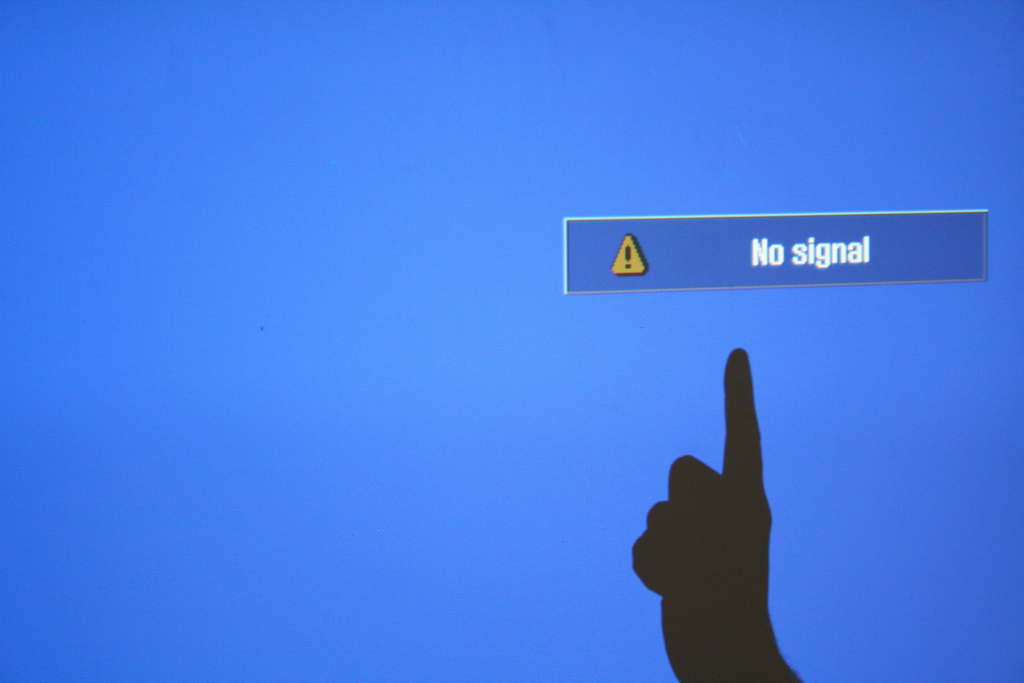This past January, Zimbabwe experienced another bout of political instability as rising fuel prices drove citizens to the streets to protest. Six months after the election of President Emmerson Mnangagwa, the replacement after a military coup ousted long-standing dictator Robert Mugabe, the country’s economic outlook remains bleak. Faced with a rapidly devaluing currency, shortages of essential medical supplies, and the most expensive gas in the world, living conditions reached a tipping point. In response to these protests, the government initiated ‘standard tactics out of the autocratic handbook’, including crackdowns on protesters, violence against the opposition party, and police firing at civilians. Perhaps more unconventionally, the government instigated a total internet shutdown, forcing telecommunications companies to cut internet access across the nation.
Although Zimbabwe had previously restricted access to social media, a total internet shutdown was unprecedented and even blocked by the courts and human rights groups when previously attempted by the government. More so than a physical crackdown, an internet shutdown restricts communication and access to information amongst Zimbabwean citizens, proving a useful tool in disassembling and disincentivizing protest movements. Although the internet has often been viewed as a technology of liberation, Zimbabwe is one of many nations employing it as a means of political control, often at a large social and economic cost.
When the internet is discussed in the context of developing countries, it is often discussed as a technology of liberation (Deibert and Rohozinsk). The internet facilitates globalization and the exchange of ideas in a way conducive to the spread of democracy and liberal ideals. Specifically, the internet is thought to be a tool that can mobilize the public to oust autocratic regimes across the world: Twitter inspired the Green Movement in Iran ousting Ahmadinejad, Youtube inspired the Saffron Movement in Myanmar against the military government, and social media inspired the Arab Spring in Egypt and Tunisia (Deibert and Rohozinsk). Although the internet is seen as an escape from autocratic regimes in these cases, the internet is just as much a means for such regimes to exercise control. The Chinese and North Korean government have long since censored the internet to block information from entering into their countries. China prevents social media and filters messaging through government-mediated channels. North Korea blocks out all access to begin with, leaving only illicitly shared information to circulate via flash-drives. By controlling the dissemination and exchange of information, these governments seek to exert political and social control.
However, Zimbabwe neither falls into the category of using the internet as liberation, nor the category of censorship — instead, the country occupies an intermediary space of internet shutdowns, one that is growing in popularity amongst politically unstable developing nations. Internet shutdowns derive power from people’s dependency upon the internet — this feature makes it distinctively unique from the censorship-as-control use of the internet. In China and North Korea, people are cognizant of their lack of free and continued access to the internet, and have therefore developed other channels to access information. In Zimbabwe, the power of an internet shutdown lies in the fact that people have no ready alternatives to resort to and are therefore crippled for a short period of time.
The internet shutdown has the power to control an entire population without physical force or much effort — an ideal tool for any autocratic government looking to quickly control or reassert power. Because of its high effectiveness in the short-term, it is increasingly employed by governments during elections or in response to protest movements. In December, Bangladesh slowed and restricted the internet during an election in order to block “fake news propaganda”. The Democratic Republic of Congo shut down the internet in January during an election in which the incumbent President Joseph Kabila’s rule was threatened in order to “prevent fictitious results” from being shared. Similar use of the internet’s “off-switch” has been found in provinces in India, Pakistan, Iraq, Syria, Turkey, and many other countries experiencing political instability.
Total internet shutdowns are dramatic yet effective ways of reasserting control amidst conflict, political threat, and instability. However, because they are total and indiscriminate in their impact, they not only affect protesters and communications, but touch upon all layers of society. Paradoxically, citizens must be dependent upon the internet for it to be an effective tool of government control, but because of this dependency the effects of the shutdown completely exceed the control of the government. The internet shutdown in Zimbabwe prevented government employees from being able to access their paychecks, which are sent via mobile banking. The economic cost of shutdowns in India is estimated to be 3.04 billion USD. In Congo, the shutdown coincided with an Ebola outbreak in the country’s two most populous regions. The long-term consequences of internet shutdowns are often neglected because they are used by governments seeking short-term gains. When governments operate under this framework with control as the goal, the interests of citizens are neglected.
This trend of internet shutdown reflects how technologies which seemingly provide liberation can be used to exert total control. As the internet is integrated into our societies — the widespread use of mobile banking, cryptocurrencies, social media, and telecommunication — dependency has the potential to make populations vulnerable to control.
Photo: “No Signal“
